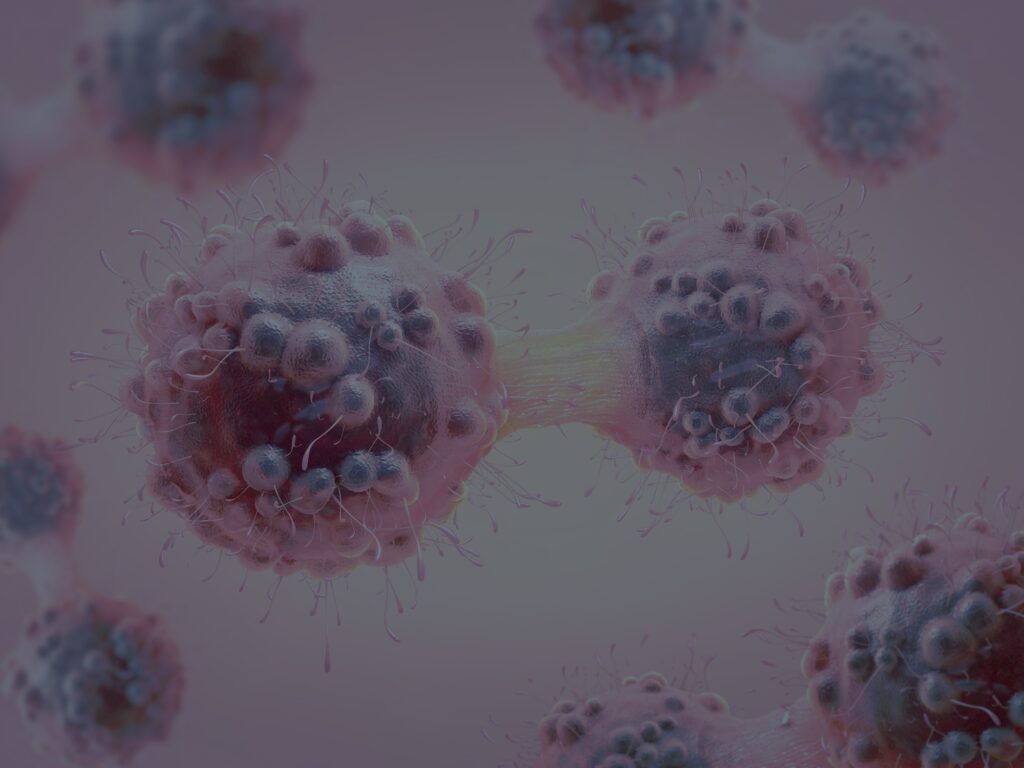2020-04-24
Abstract
The in vivo requirements for human natural killer (NK) cell development and differentiation into cytotoxic effectors expressing inhibitory receptors for self-major histocompatibility complex class I (MHC-I; killer Ig-like receptors [KIRs]) remain undefined. Here, we dissect the role of interleukin (IL)-15 in human NK cell development using Rag2(-/-)gamma c(-/-) mice transplanted with human hematopoietic stem cells. Human NK cell reconstitution was intrinsically low in this model because of the poor reactivity to mouse IL-15. Although exogenous human IL-15 (hIL-15) alone made little improvement, IL-15 coupled to IL-15 receptor alpha (IL-15R alpha) significantly augmented human NK cells. IL-15-IL-15R alpha complexes induced extensive NK cell proliferation and differentiation, resulting in accumulation of CD16(+)KIR(+) NK cells, which was not uniquely dependent on enhanced survival or preferential responsiveness of this subset to IL-15. Human NK cell differentiation in vivo required hIL-15 and progressed in a linear fashion from CD56(hi)CD16(-)KIR(-) to CD56(lo)CD16(+)KIR(-), and finally to CD56(lo)CD16(+)KIR(+). These data provide the first evidence that IL-15 trans-presentation regulates human NK cell homeostasis. Use of hIL-15 receptor agonists generates a robust humanized immune system model to study human NK cells in vivo. IL-15 receptor agonists may provide therapeutic tools to improve NK cell reconstitution after bone marrow transplants, enhance graft versus leukemia effects, and increase the pool of IL-15-responsive cells during immunotherapy strategies.
PubMed Link
DOI: 10.1084/jem.20082013
